Is There a Flower for Depression? Discover Uplifting Blooms
Do flowers have the power to lift your spirits when you feel down? You might be surprised to learn that certain blooms can indeed play a role in boosting your mood. Hydrangeas, for example, are known for their ability to represent complex emotions, making them a symbol for those navigating mental health challenges like depression. Their colorful and lush petals can be a reminder of resilience and hope during tough times.
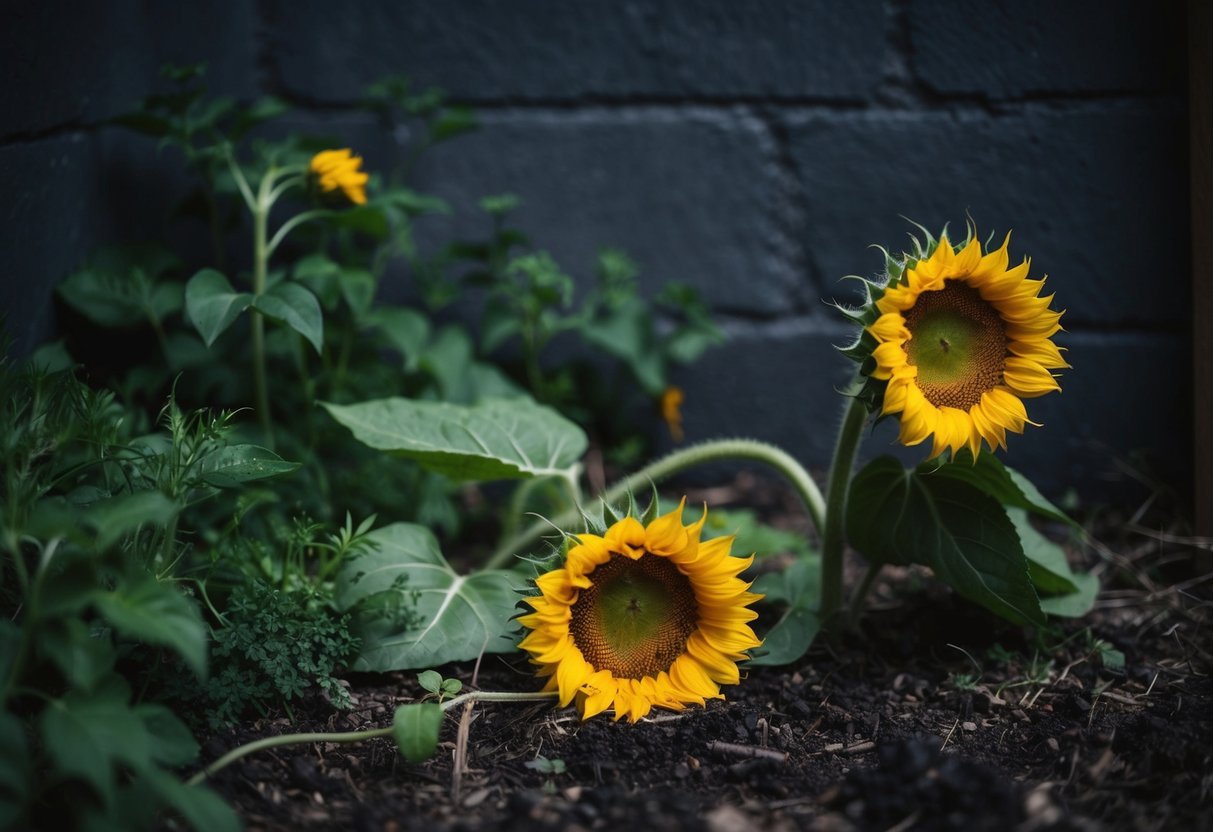
Imagine incorporating these blossoms into your daily life. Whether through a small indoor garden or a vase of fresh roses on your table, these natural remedies can bring a sense of tranquility and joy to your space. Wilted roses, with their drooping petals, might even resonate with you during moments of sadness, reflecting feelings you may be experiencing.
Exploring the language of flowers can also offer comfort. Some flowers, like chrysanthemums, symbolize grief, while marigolds signify despair. Recognizing these connections can help in expressing emotions when words feel insufficient. Discovering which blooms resonate with your journey might add a touch of hope and beauty to your mental health path.
Understanding Depression
Depression is a serious mood disorder that affects how you feel, think, and handle daily activities. It’s important to recognize the symptoms and understand the different types of mental illnesses. Knowing about treatment options can help in managing depression effectively.
Identifying Symptoms and Signs
Depression can manifest in many ways. You might feel persistent sadness or a lack of interest in activities you usually enjoy. Other symptoms include changes in appetite or weight, difficulty sleeping, or feeling tired all the time. You may also struggle with concentrating or making decisions.
Physical symptoms like headaches or digestive problems can also occur. Understanding these signs is crucial, especially if they persist for more than two weeks. This can help you recognize when to seek help.
Depression and Mental Illness
Depression is a common mental illness, affecting millions of people worldwide. It often coexists with other disorders, such as anxiety or generalized anxiety disorder. Seasonal affective disorder is another type of depression that occurs during certain times of the year, usually winter, when there’s less sunlight.
Understanding these connections can help you see that depression is a complex condition, often requiring a comprehensive approach. Mental illnesses like mood disorders can significantly impact your life, relationships, and work.
Treatments and Therapies for Depression
Various treatments can help manage depression. Therapy, such as cognitive-behavioral therapy, allows you to change negative thought patterns. Medications like antidepressants can also be effective in relieving symptoms.
Sometimes, combining therapy with medication works best. Lifestyle changes, such as regular exercise, a healthy diet, and sufficient sleep, are also beneficial. Remember, what works for one person might not work for another. It’s important to work with healthcare providers to find the right treatment for you.
The Role of Flowers in Emotional Well-Being
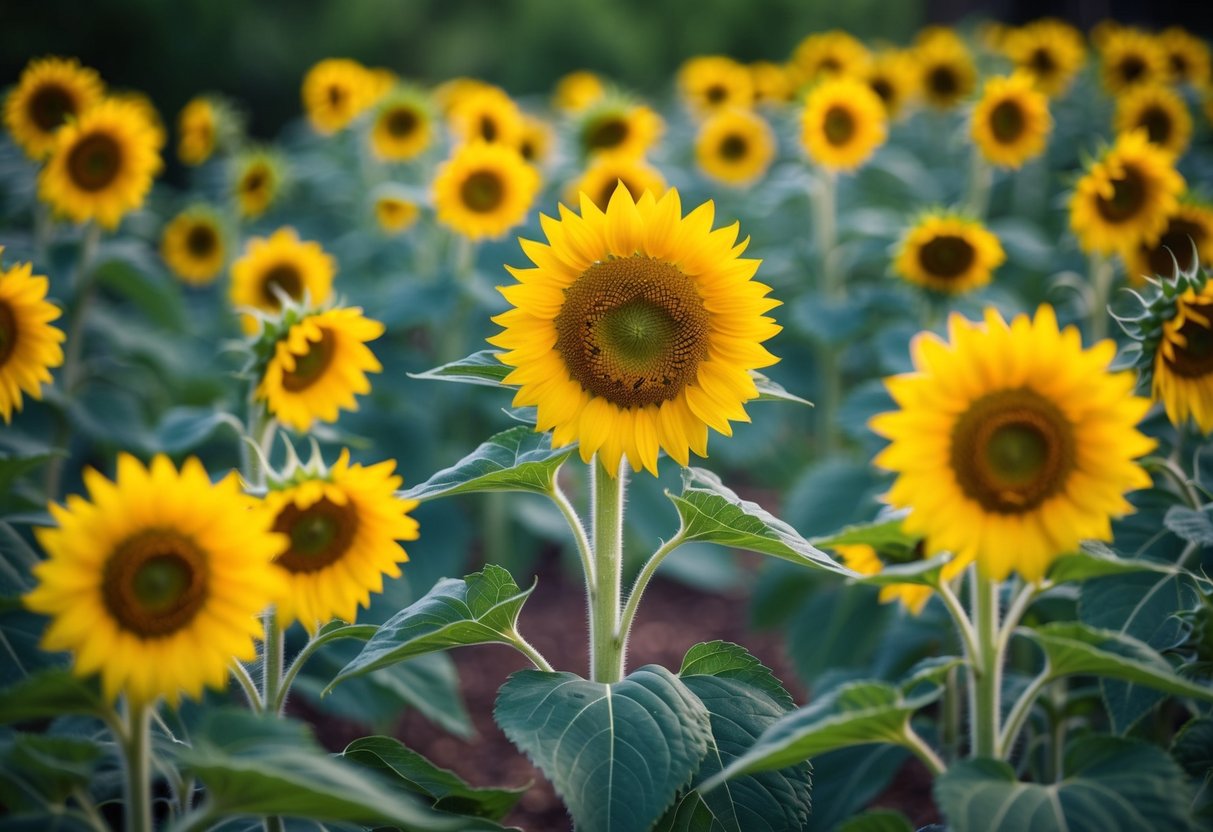
Flowers have played an important part in enhancing emotional well-being. They help in several ways, from boosting your mood to creating deep emotional connections. Here, we explore how flowers can improve your emotional health through symbolism, aromatherapy, and mood-enhancing properties.
Symbolism and Emotional Connections
Flowers have long been symbols for various emotions. For example, red roses often represent love, while lilies might denote purity and renewal. These meanings allow you to express complex feelings without words.
Using symbolic blooms can help you open up discussions about depression and emotional well-being. Associating flowers with emotions makes it easier to connect with your feelings, reducing barriers that often prevent open conversation.
Studies suggest that giving or receiving flowers can have a positive emotional impact. They help create intimate connections and increase contact with family and friends, enhancing your sense of happiness and closeness.
Aromatherapy and its Calming Effects
Aromatherapy uses the scents of flowers to promote relaxation and calm. For example, lavender is known for its soothing properties that can ease stress and tension. Jasmine and rose scents are also popular for their relaxing benefits.
Using essential oils derived from flowers in diffusers or baths can bring about a calming effect. They help reduce anxiety and stress levels, allowing you to feel more centered and peaceful.
Incorporating floral scents into your daily routine, such as with candles or perfumes, can offer mental health benefits. The calming effects of these fragrances can contribute to improved emotional well-being over time.
Mood Boosting Qualities of Flowers
Flowers can boost your mood and bring positivity into your life. Seeing a colorful bouquet on your table can quickly uplift your spirits. Studies show receiving flowers improves mood and provides lasting joy and happiness.
Incorporating flowers into your environment can give you a sense of satisfaction and well-being. They create a warm and inviting atmosphere, making your living space more pleasant.
Spending time in nature and observing flowers also contribute to mental health. Whether it’s a walk through a garden or arranging fresh blooms at home, flowers can be a constant source of positivity and joy.
Popular Flowers Associated with Mental Health
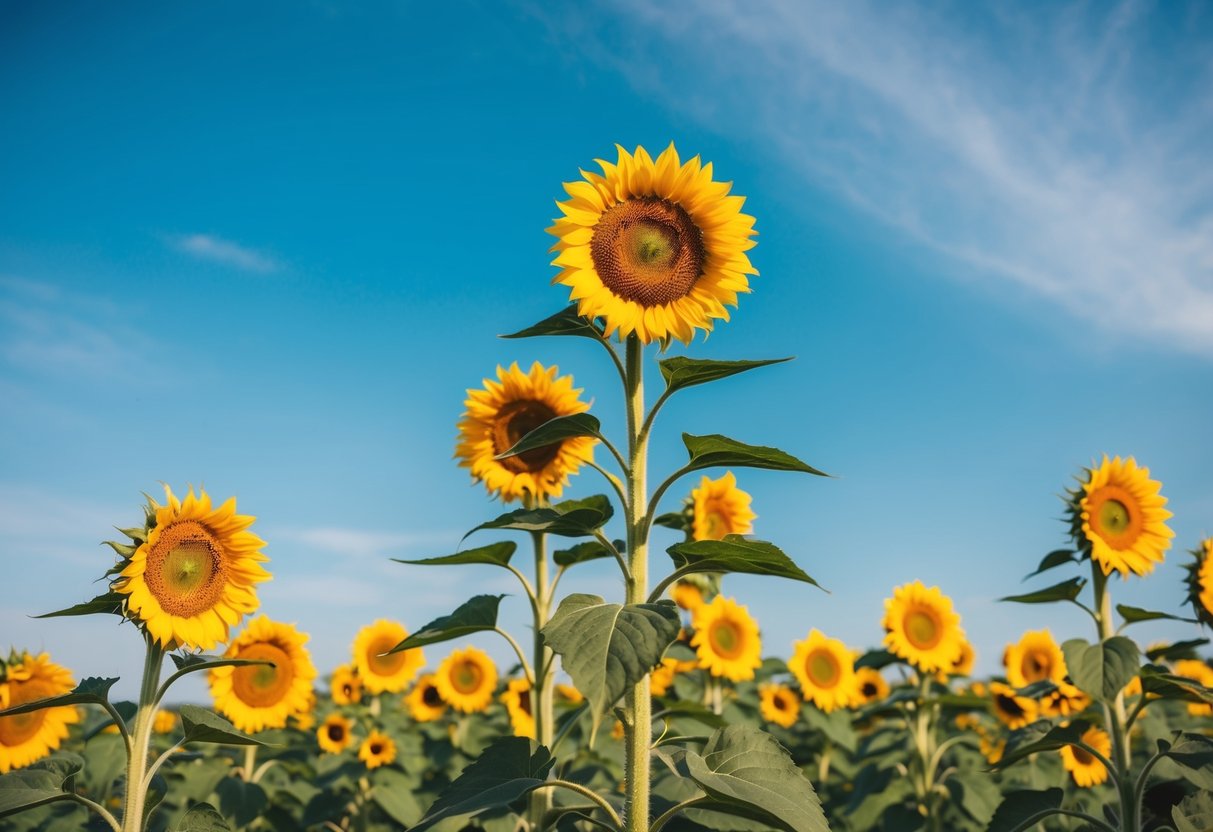
Flowers have long been symbols of healing and comfort. Certain blooms are especially known for their positive impact on mental health. This section explores how lavender, rose, sunflower, and chamomile can contribute to relaxation, passion, hope, and calm.
Lavender and Relaxation
Lavender is famous for its soothing fragrance. The scent can help ease stress and anxiety, promoting a sense of relaxation.
Essential oils made from lavender are often used in aromatherapy due to their calming effects. People find it helpful to add lavender oil to baths or use it in diffusers to enjoy its peaceful aroma. You might find lavender in teas and sachets, offering comfort and tranquility in daily life. This flower has become a symbol of calm and is widely appreciated for its ability to create a serene environment.
Rose and Passion
Roses are loved for their beauty and colorful petals. They are symbols of passion and affection.
Beyond their romantic associations, roses can have a positive effect on mood. The act of arranging roses or simply enjoying a bouquet can lift your spirits. Roses are also used in essential oils and perfumes, which might help enhance feelings of happiness and love. Whether red, pink, or white, roses bring a sense of warmth and care, making them a cherished flower for mental well-being.
Sunflower as a Symbol of Hope
Sunflowers stand tall with their bright, cheerful faces. They represent hope and happiness.
Their vibrant yellow petals remind you of the sun, bringing light into any space. Sunflowers are known to boost your mood and make you feel more optimistic. Having sunflowers in your home or garden can create an uplifting atmosphere, encouraging positive thoughts. These blooms are strong and resilient, serving as a beautiful reminder of hope and the promise of a brighter day.
Chamomile for Calming
Chamomile is well-loved for its gentle, calming properties. It’s often used to make soothing teas.
The soft, apple-like scent of chamomile flowers can help you relax and unwind. Many people enjoy chamomile tea at bedtime to support restful sleep. Along with its relaxing qualities, chamomile is also used in skin-care products due to its soothing effects. This flower offers a simple way to incorporate calmness and comfort into your routine, making it a favorite for anyone seeking peace of mind.
Therapeutic Benefits and Flowers
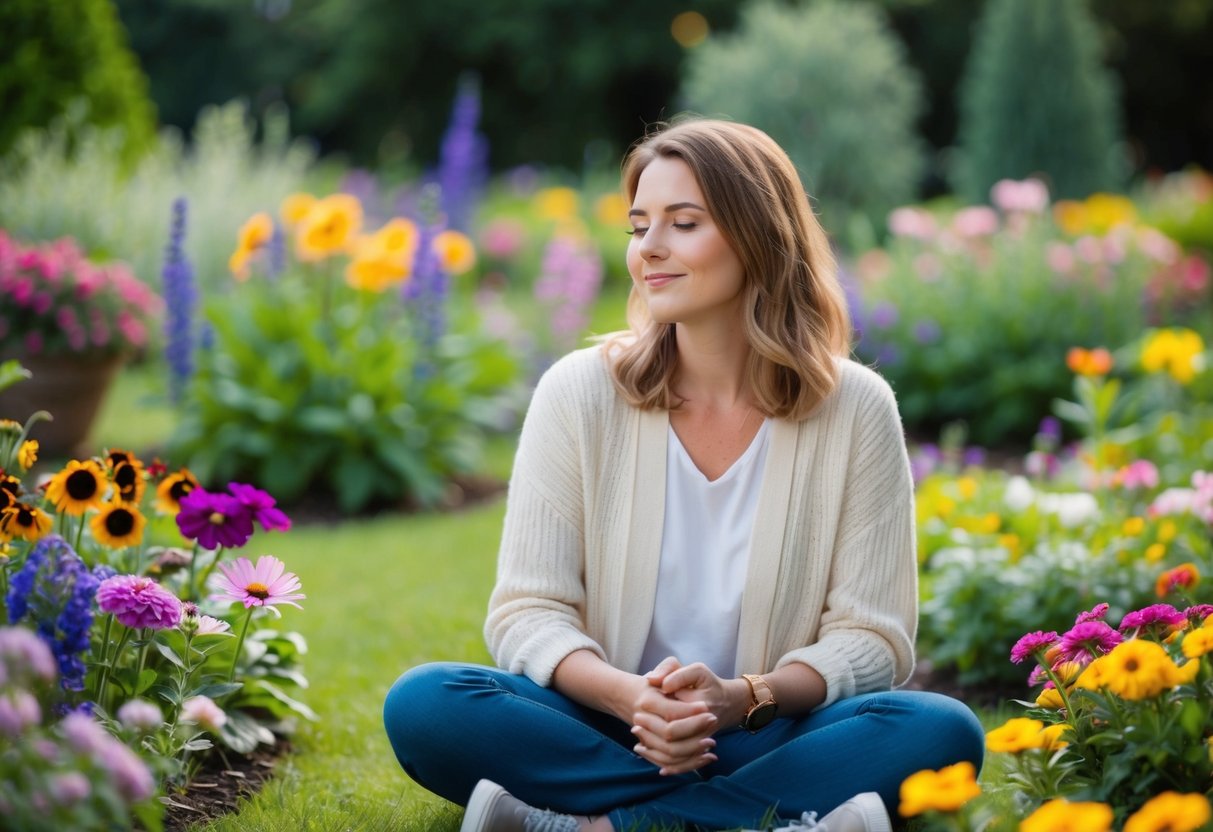
Flowers offer unique therapeutic benefits that can support mental health through natural remedies, flower essences, and complementary therapies. These practices can enhance well-being by engaging your senses and promoting emotional healing.
Natural Remedy Options
Flowers have been used for centuries as natural remedies in healing practices. One of their most significant therapeutic benefits is the way they can boost mood and reduce stress. Arranging flowers can be a calming and creative activity. Studies show that activities involving flowers, like arranging and observing them, can lower stress levels and promote relaxation.
Additionally, flowers’ vibrant colors and aromas can uplift your spirits. Certain flowers, like lavender and chamomile, are known for their soothing properties and are often used in teas or oils to promote calmness. Integrating flowers into your daily routine can add a touch of nature’s beauty and tranquility, helping maintain a positive mindset.
Bach Flower Remedies Explained
Bach flower remedies are a specific type of floral therapy developed by Dr. Edward Bach in the 1930s. These remedies use flower essences to address emotional concerns. They consist of 38 different flower-based essences designed to support emotional and mental well-being.
The principle behind these remedies is that emotional imbalances can lead to physical ailments. By addressing these imbalances, you can promote overall wellness. Each Bach remedy targets a specific emotional state, such as fear, uncertainty, or loneliness, helping you find balance and peace in your emotions. Rescue Remedy is a popular blend that combines a few essences to help with acute stress or anxiety. You can find these remedies in health food stores and they are usually taken as drops.
Complementary Therapy with Flowers
Flowers can serve as a supportive element in complementary therapies. Engaging in practices like floral therapy involves interacting with flowers through touch, sight, or scent. This type of therapy, sometimes called floral therapy, can improve mood and mental health by leveraging the natural energy of plants.
Flower arranging sessions are popular as a form of art therapy, encouraging creativity and mindfulness. The process allows you to express yourself through the beauty of flowers, which can lead to emotional healing. Incorporating flowers into aromatherapy and massage can also provide a sensory experience that aids relaxation and supports overall mental well-being.
Creative Engagement with Flowers
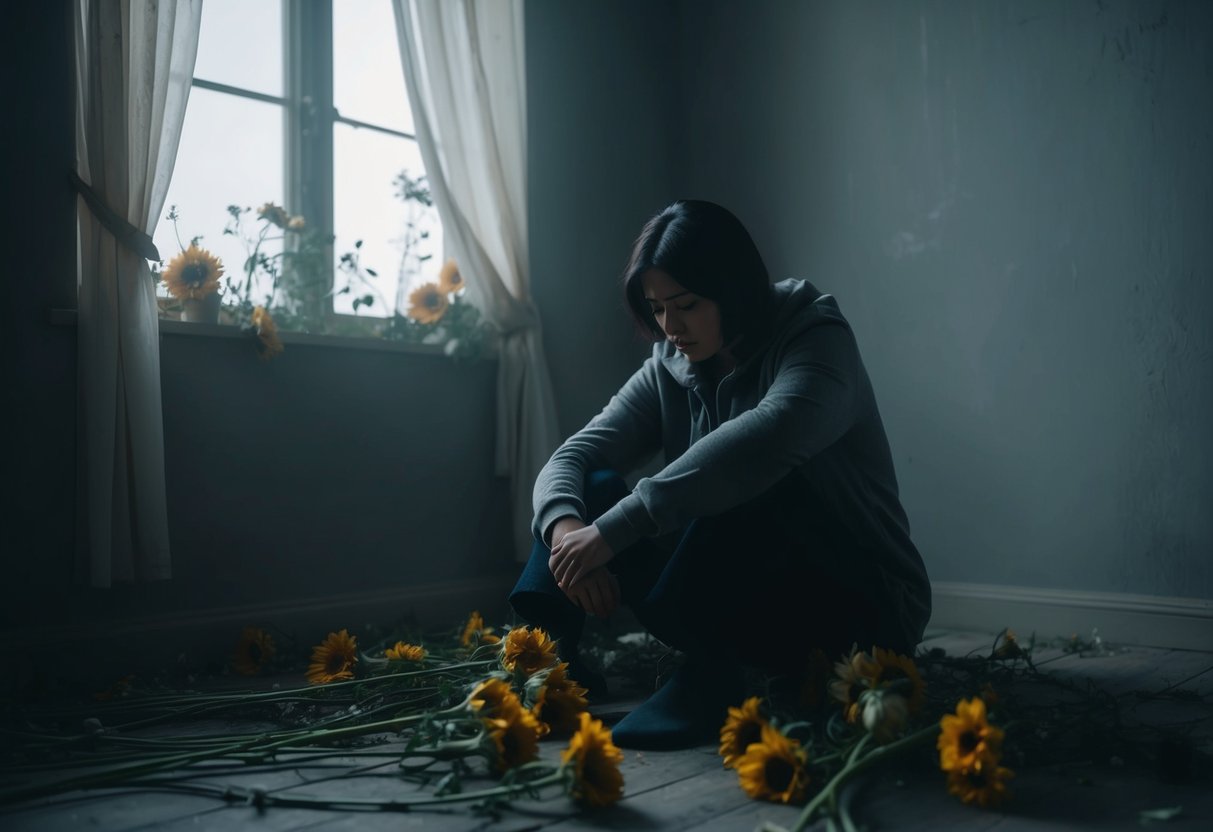
Exploring the world of flowers can be both calming and enlightening. This engagement offers pathways to mindfulness and emotional expression, tapping into their healing properties and fostering a connection with nature.
Flower Arranging for Mindfulness
Creating flower arrangements can be a soothing activity. By focusing on selecting and arranging blooms, you can find a sense of peace and joy. This process encourages mindfulness, helping you to be present in the moment. It’s a creative outlet, allowing you to express emotions through the choice and placement of flowers.
Arranging flowers also helps develop an appreciation for nature’s beauty. As you work with different colors, shapes, and scents, you might find a deeper connection with nature. This connection can bring a sense of inspiration and strength.
The Language of Flowers and Expression
Flowers have long been used to communicate emotions. This symbolic language can help you express feelings like love, joy, or even emotional pain. For example, purple hyacinths represent sorrow and regret, making them meaningful for those exploring emotional challenges. Each bloom carries its own message, offering a way to express complex emotions without words.
Engaging with flowers in this way can promote healing. By selecting specific flowers for their symbolic meanings, you can create arrangements that resonate with your feelings. This process invites reflection and can provide comfort during difficult times. Connecting with the historical language of flowers enriches your creative expression and emotional experience.







